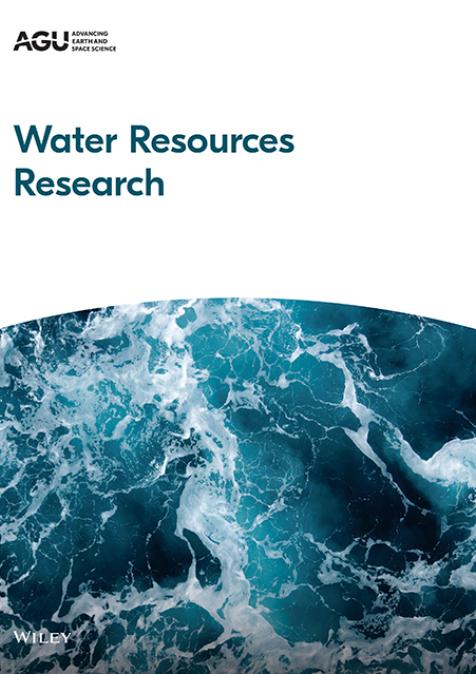Chair: Masood Ahmed, President, Center for Global Development (CGD)
Speakers:
Niels Annen, Parliament State Secretary, Ministry of Economic Cooperation, Germany
Michael Hugman, Director, Climate Finance, Climate Children's Investment Fund Foundation
Avinash Persaud, Advisor, Prime Minister of Barbados
Mattia Romani, Partner, Systemiq
Vera Songwe, Chair, Liquidity and Sustainability Facility
Mark Suzman, CEO, Bill and Melinda Gates Foundation








